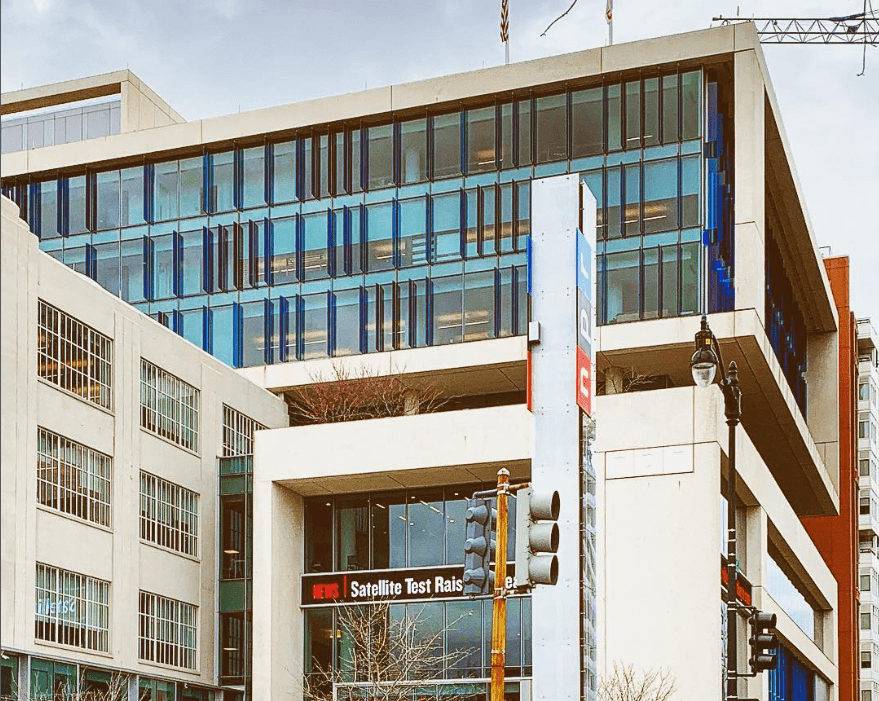NPR remains a highly trusted organization that provides news and culture to millions of people in an era when nonprofit journalism is more important than ever. However, as public funding, sponsorships, and donations support its mission, the question of how much NPR’s CEO and other top executives actually make keeps coming up.

Examining the 2025 figures makes it abundantly evident that John Lansing, the President and CEO of NPR, was paid $416,434 annually, a sum that strikingly strikes a balance between the organization’s public service philosophy and competitive market norms. Lansing’s leadership position, situated at the difficult nexus of innovation and tradition, necessitates visionary stewardship in addition to oversight.
NPR CEO and Executive Compensation Overview
| Attribute | Details |
|---|---|
| CEO Name | John Lansing |
| CEO Salary | $416,434 annually |
| Top Executive Salary | $520,714 (Steven Inskeep, Host) |
| Lowest Executive Salary | $36,655 |
| Median Executive Compensation | $225,441 |
| Organization | National Public Radio (NPR) |
| Headquarters | Washington, D.C., USA |
| Revenue (2022) | $306 million |
| Expenses (2022) | $307 million (excluding $8M depreciation) |
| Official Website | npr.org , Instagram |
Managing Public Criticism while Maintaining Professional Excellence
NPR is remarkably similar to nonprofit executives who have been under noticeably more scrutiny over the last ten years. NPR maintains donor trust while guaranteeing that its executive salaries are in line with industry standards by utilizing independent compensation studies.
It’s interesting to note that Steven Inskeep, the host of the Morning Edition, received $520,714 more than the CEO of NPR. This particular detail demonstrates NPR’s distinctive approach to giving content creators priority, which is especially novel when contrasted with conventional corporate hierarchies.
Why Strategic Value Is Reflected in John Lansing’s Salary
The difficulty for medium-sized nonprofit media organizations is frequently not only keeping talent but also bringing about significant change across a variety of platforms. Lansing has led NPR through significant digital transformations, improved podcast visibility, and tackled existential funding issues by incorporating strategic initiatives.
Paying the CEO competitively is still an investment in the long-term viability of the company, especially considering that NPR raised $306 million in 2022 and managed a very narrow margin between revenue and expenses. Given Lansing’s background overseeing public media ecosystems, including Voice of America and NPR, his $416,434 package will be especially helpful in preserving and growing NPR’s influence going forward.
The Wider View: The Pay Ecosystem at NPR
In 2022, NPR paid 1,388 workers a total of $183 million, which equates to an average salary of $132,000. Remarkably, only 48% of workers made more than $100,000, indicating a pay structure that strongly favors important editorial and on-air positions.
Other top-paid personalities included:
- Scott Simon (Host, Weekend Edition) — $441,525
- Peter Sagal (Host, Wait Wait… Don’t Tell Me!) — $427,455
- Michel Martin (Host, Morning Edition) — $412,942
NPR has significantly increased listener loyalty, broadened its podcast reach, and strengthened its reputation for superior journalism by assisting gifted communicators on the front lines.
Competitive but Responsible: NPR’s Executive Compensation Argument
Nonprofit executive compensation has been the subject of heated discussions in recent days, particularly when public donations are at stake. NPR has maintained a particularly open and morally sound wage policy by working with auditing and compensation consultants.
Severance payments, like the almost $900,000 given to four departing executives, serve as more evidence of how carefully and intricately NPR handles employment contracts.
It is important to note that NPR’s revenue streams, which are based on listener contributions, program sales, and grants, are heavily reliant on leadership that can foresee disruptive changes in the media landscape. At a time when public confidence in media organizations is frequently eroded, Lansing has assisted NPR in gaining more autonomy by simplifying operations and fostering donor relationships.
